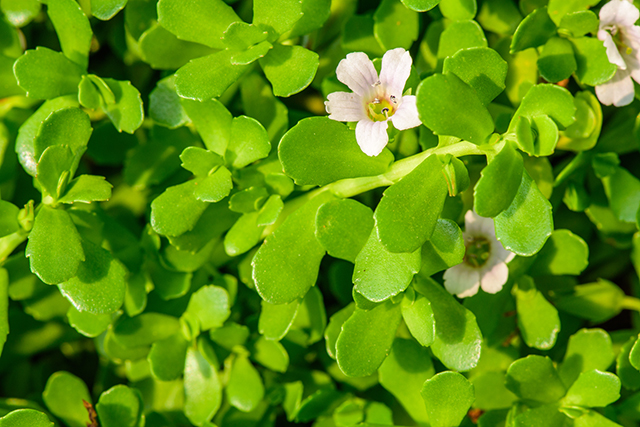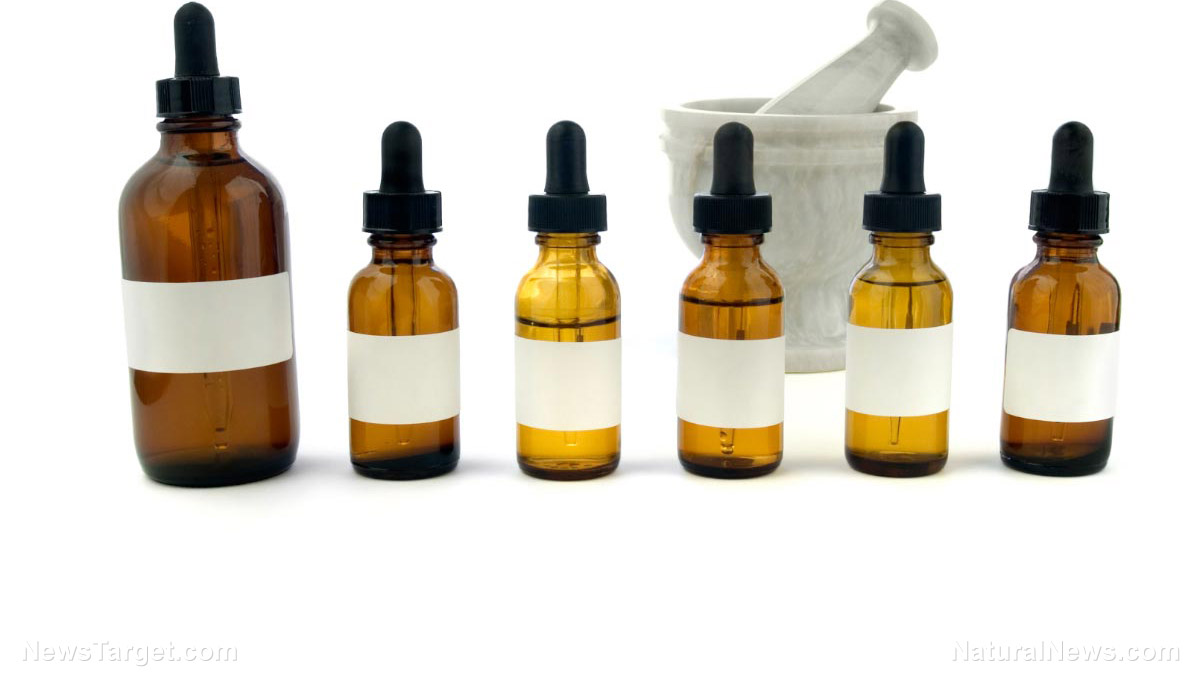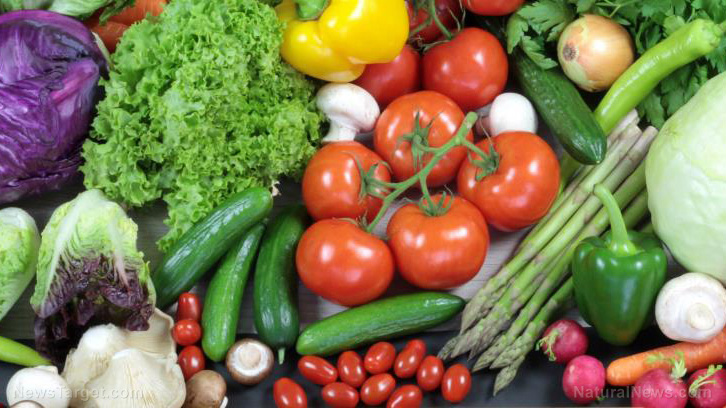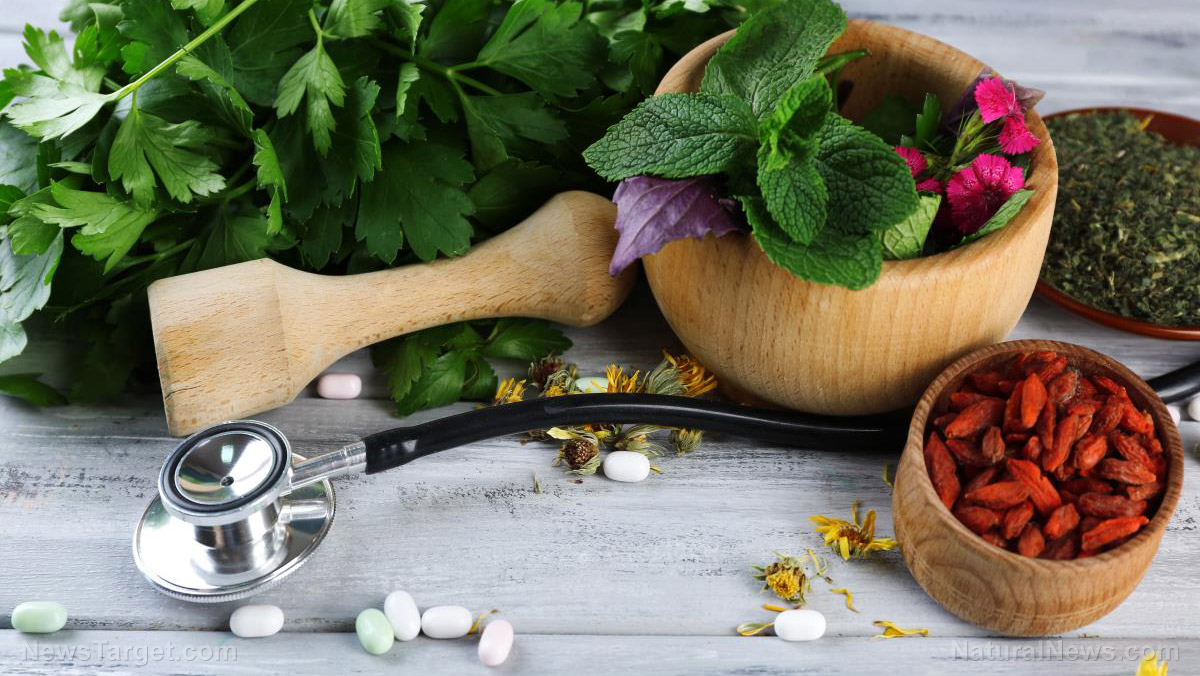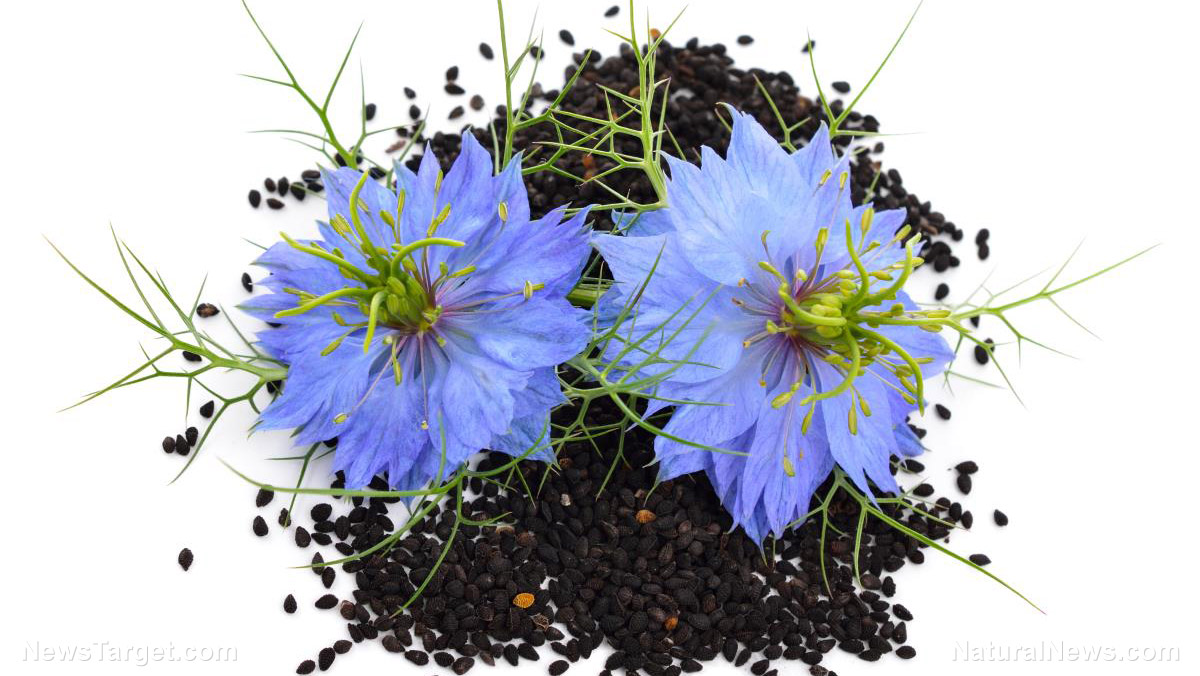06/13/2018 / By Isabelle Z.
You’ve probably seen more than one list circulating online touting the many uses for baking soda. Is your fridge smelling bad? Did your drain get clogged? Do your shoes need freshening up? Baking soda has a lot of tricks up its sleeve, but one of the best ones doesn’t usually feature in lists of household tips.
New research published in the Journal of Immunology has found that baking soda, or sodium bicarbonate, can fight inflammation and autoimmune disease at the cellular level. It does this by turning your body into an anti-inflammatory environment. One way it accomplishes this is by influencing the cells in the spleen to stop the inappropriate immune response that is involved in autoimmune disease.
Autoimmune diseases occur when the immune system attacks a person’s body in error. Diseases that fall into this category include lupus, rheumatoid arthritis, and inflammatory bowel disease. Treating these conditions sometimes involves suppressing the immune system so much that infections and even cancer can set in. Thankfully, it now appears that baking soda be a safer way to protect against autoimmune disease and inflammation.
That’s because it stimulates the stomach to produce greater amounts of digestive acid while acting on the mesothelial cells to stop the false alarms that tend to trigger exaggerated immune responses. The researchers discovered that drinking water mixed with baking soda for two weeks caused macrophage immune cells in the spleen, kidneys and blood to shift from the variety that promotes inflammation (m1) to the type that reduces it (M2).
After noticing this effect in rats with kidney damage, they also discovered the same response in models of those without kidney damage: all had fewer inflammatory microphages in their spleen and kidneys. They then enlisted healthy medical students to drink baking soda in water; the daily dose was two grams of baking soda in 250 milliliters of bottled water. They found the same response, confirming their findings. In addition, they saw shifts in other types of immune cells, like the regulatory T cells that turn down immune response and prevent your immune system from attacking your tissues.
The corresponding author of the study, Augusta University Renal Physiologist Dr. Paul O’Connor, said that this could prove to be a very safe method for treating inflammatory disease.
Baking soda could enhance cancer treatment
Baking soda has also been getting attention lately for its potential to help immunotherapy drugs attack tumors that are difficult to treat. Researchers found that when mice drank water with baking soda in it, it created more favorable conditions within tumors for the therapy to do its work.
Benefits for chronic kidney disease
In addition, baking soda can help those with chronic kidney disease. A randomized and controlled two-year trial found that patients with metabolic acidosis and chronic kidney disease who took 1800 mg per day of baking soda supplements were significantly less likely to see their kidney disease progress rapidly than those who were given standard care. The patients who took the baking soda had only two thirds of the kidney function decline seen in those who didn’t, and fewer of the baking soda patients went on to develop end-stage renal disease that needed dialysis.
Baking soda has long been used to address a host of minor ailments, but now it appears that it could be every bit as useful in more serious illnesses as well. It’s important to proceed with caution if you’re trying to use it on your own, however, as taking too much could have unwanted effects. The amount used in the studies – two grams – is roughly equivalent to just under half a teaspoon.
Sources for this article include:
NaturalHealth365.com
MedicalXpress.com
MedicalNewsToday.com








